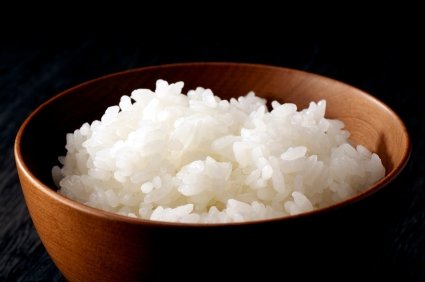Category Archives: Starvation
LFNKR Annual Report Released for 2011
Introduction
The new currency system initiated in November 2009 by North Korea has led to serious confusion in the country’s economy. As a result, poverty continues to deepen. Around November 2010, even in Pyongyang where relatively privileged people live, the supply of food has stopped. The currency revaluation slashed the currency to 1/100 of its previous value, but by March 2011, the price of rice per kilogram had risen to 1800 NKW. This is the same price it was before currency reform, and it indicates a complete failure of the government’s plan to suck money from its citizens.
Rice Thieves Being Shot in NK

The Proclamation of Penalties for Stealing Rice quoted below first appeared in the 2010 North Korean Human Rights White Paper, following its appearance that year in official Korean documents. Previously, the punishment for stealing grain had only been known from scattered defector testimony. Verification in the form of a proclamation from the North Korean security apparatus is a significant new development.
Current Consumer Prices in NK
North Korean Situation
It is believed that although virtually no one is currently dying of hunger in DPRK, many are bordering on the edge of starvation. Most people are managing to stay alive under the present circumstances, but of course it is impossible to predict what will happen in the future.
Poor Health Plaguing Children of NK Defector Women
Children Suffering from Stunted Growth
Recently we had a doctor examine the health of 8 abandoned children of NK mothers in China who had been forcibly repatriated to North Korea. In every case the doctor found stunted growth or malnutrition – or both. Although no official statistics have emerged, reports from local members working in our shelters suggest that there may be as many as 7,000 or 8,000 children of North Korean mothers “married” to Chinese men living in Yanbian, Jilin district in China.
LFNKR Initiating Starvation Relief Campaign
Critical Shortage of Foods and Medicines in North Korea
The disastrous floods of July and August have caused enormous damage in Pakistan, China and North Korea. Serious damage was caused to North Korean granary areas, including Huang Hai Namdo, Pukto, Hamgyong Pukto and Namdo in the Northern area.
They Won’t Reap What They Sow
Hopeless Crops
One of LFNKR’s local staff members in China took this picture across the border on June 1, 2010. It shows people planting rice seedlings in Namiyan, North Hamgyong, North Korea. Their clothing indicates that they are not farmers but soldiers and urban women who have been assigned to the rice planting job.
Food Prices Out of Control in NK
Excerpt from LFNKR Internal Report
The following is taken from an April 10, 2010 report from a local LFNKR staff member working in North Korea. The report examines rising prices in the North Korean provinces of Chonjin, Musan, and Haesan during the 11 days from March 30th through April 10th.
To celebrate the 98th birthday of the late dictator Kim Il-sung (born April 15, 1912), the North Korean government distributed 7 kilograms of food to each person. According to our worker, the local government in North Hamgyong Province had to pull stockpiled rice out of its second military warehouse. This is unprecedented. Food shortages are obviously critical now. North Koreans are now whispering that the starvation of the late 90’s may be returning.
Insane price increases for food illustrate how desperately unstable the North Korean economy has become. The day the LFNKR staff member checked food prices in Musan, for example, prices were wildly higher than they had been just four months earlier.
Specifically, wheat flour was now almost 25 times higher. Rice was nearly 8 times more expensive. And corn prices had multiplied almost 5 times during the four-month period. The prices are rising not just day-to-day, but even by the hour. Those who don’t buy in the morning often have to pay more in the afternoon. The extremely volatile food prices are a clear indicator of the chaos rampant in North Korea. The failure of the recent currency reform adds to the people’s distrust of their own money.
Our local staff member reported that, amidst the currency reform failure, one bank president in Yanggang-do was recently executed for his failure to implement the reform.
The report also mentions that 5% of the soldiers of the sixth army corps located in North Hamgyong suffer from severe malnutrition and beriberi. Soldiers with beriberi symptoms are sent home, since the army has no medical facilities to treat the disease. Some have reportedly taken advantage of their temporary leave to escape into China.





